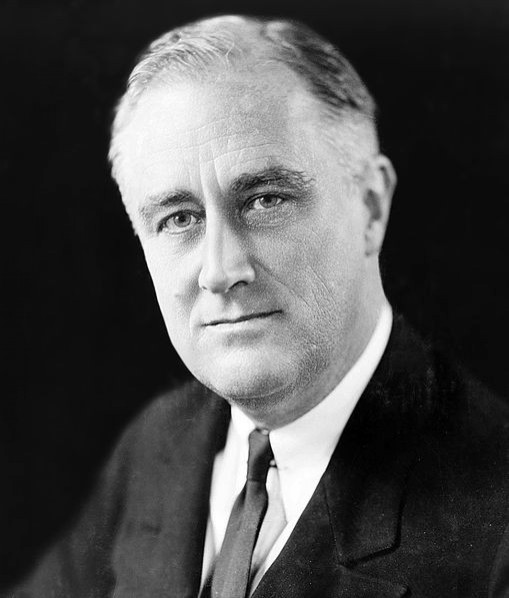Ron Paul 2012: the Beginning of a New American Era?
OPINION

Every now and then - for better or for worse - a new presidency ushers in a new American era.
Ron Paul's 2012 campaign, if successful, will likely do exactly that. If not, he will still powerfully influence the public dialogue.
At its birth, the America of George Washington and the Founding Fathers featured a small government and a non-interventionist foreign policy.
The election of Abraham Lincoln in 1860 ushered in a new era of higher taxes and increased government spending to promote the general welfare (e.g. subsidizing the transcontinental railroad).
The election of William McKinley in 1896 and Theodore Roosevelt after him ended the American era of non-interventionism.
The election of Franklin D. Roosevelt in 1932 ushered in a new era of hyper-aggressive U.S. foreign policy and entitlement programs (e.g. Medicare, Medicaid, Social Security). FDR's era largely continues to this day.
Since FDR, it mattered not too much whether the president is Democratic or Republican; both parties supported hyper-aggressive foreign policy and big government.
For example, both Barack Obama and George W. Bush presided over multiple wars and ballooning budget deficits.
For 2012, if any other leading candidate besides Paul is elected, the current trajectory of big government and multiple wars will continue.
These policies, however, may no longer be feasible and in the best interest of the country.
The U.S. government's debt-to-GDP ratio is at 100 percent, which crossed the level deemed deleterious to economic growth. Entitlement programs are the biggest reason for this ballooning debt. Excessive military spending is the second biggest reason.
Meanwhile, critics (on the left) claim Lincolnesque government spending to promote general welfare has been put on the wayside, evidenced by the crumbling U.S. infrastructure and the weakness of the U.S. secondary education system.
The U.S. economy has weakened in relative terms. America's overall standing on the world stage, too, is slipping to make way for the rise of China.
The U.S. public has shown it is tired of this path. It is tired of multiple wars for personal, moral and economic reasons. It is tired of the country's economic weakness and bleak future (the proposed solutions to this problem, however, differ widely depending on who you ask).
The rise of Paul - he is polling first in Iowa and finally considered a serious GOP nomination contender - serves as evidence of the public's disproving attitude towards Washington's current trajectory, as does the public's abysmal opinion of Congress and President Obama.
If Paul wins the election in 2012, it will usher in a new American era. The most certain change from the current era will be the end of Washington's hyper-aggressive foreign policy; the U.S. will become a more inward looking country.
A less certain change - but a possible one nevertheless - is smaller government. The ballooning budget deficit is an issue with many Americans. However, others, including those who lament the lack of universal healthcare, may not agree.
Even if Paul does not win the presidency, his surge in popularity in the 2012 presidential race will influence the public dialogue, possibly setting the stage for a future candidate to usher in the new American era.
The American public is clearly unsatisfied with the current trajectory of the country. If this continues, a new type of political regime and a new American era is all but inevitable.
© Copyright IBTimes 2025. All rights reserved.





















